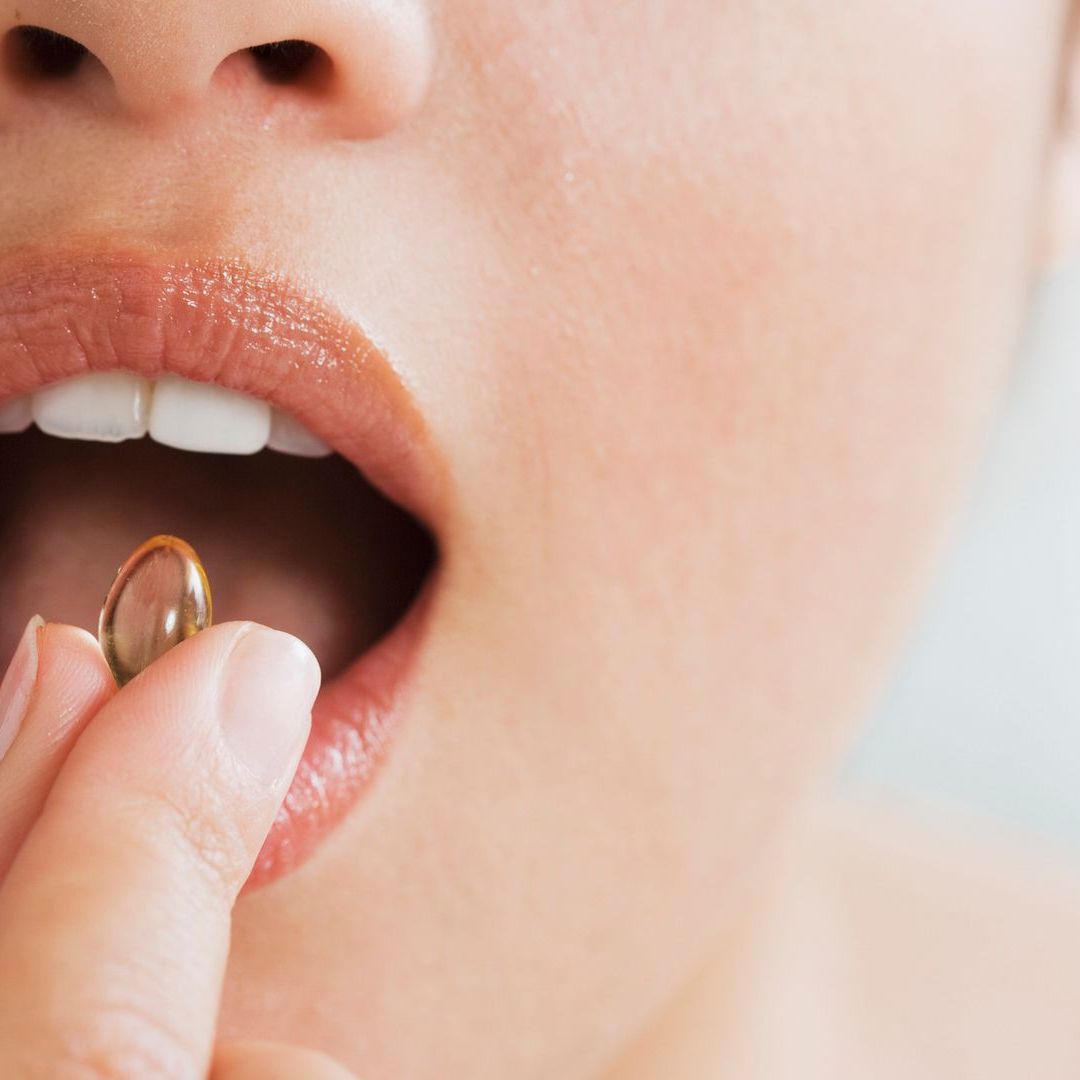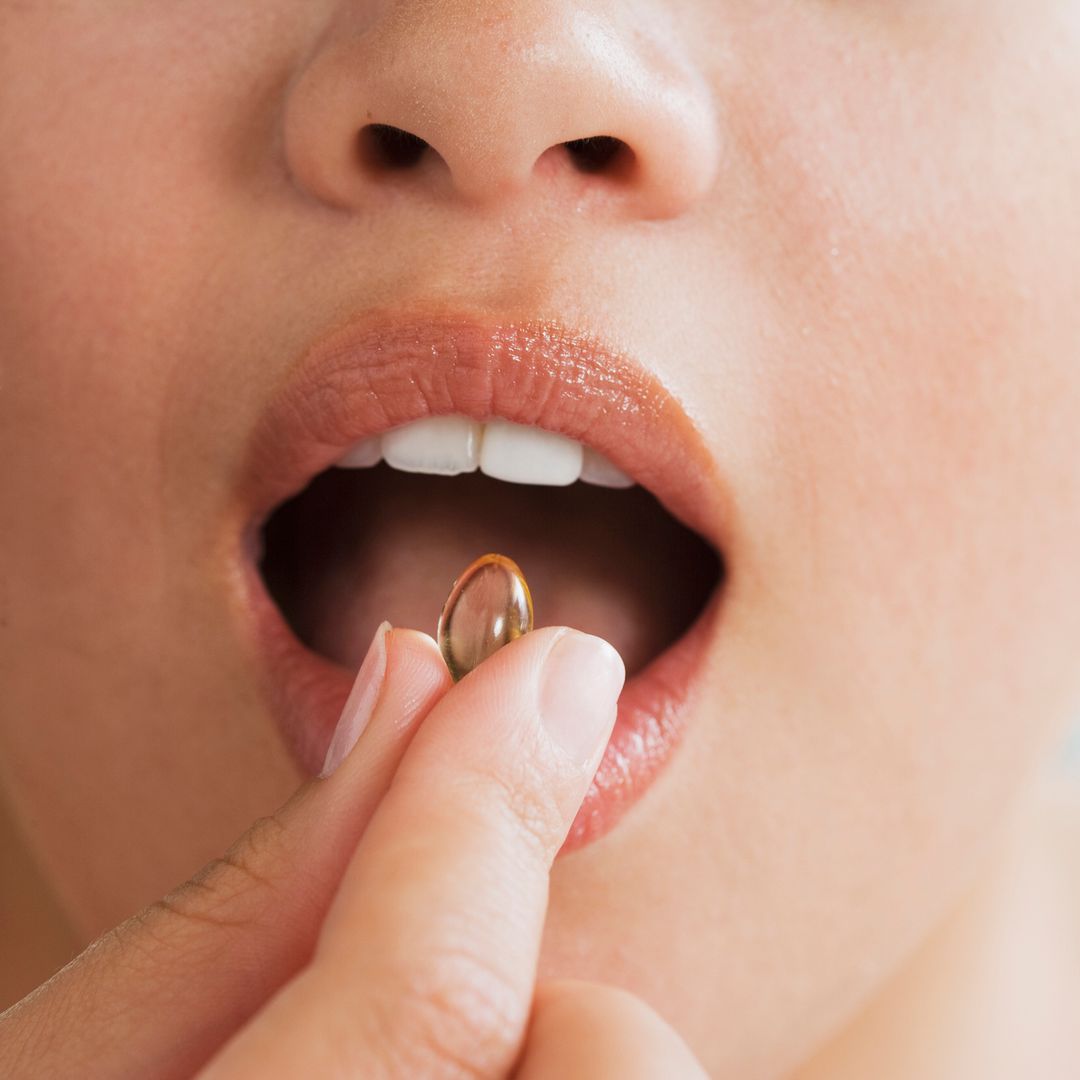Prince Harry was photographed in Santa Barbara on Friday, emerging from a gym looking like he had worked up a sweat as he left the premises in a baseball cap and sporty black T-shirt and shorts.
Amid his workout session, it seems the father-of-two has become the latest A-lister to join the likes of Gwyneth Paltrow, Beyoncé, Tom Brady and his wife Meghan Markle in sipping on alkaline water - the high pH beverage said to harbour a whole host of health benefits to regular H2O.
In photographs published by People, the Duke of Sussex was pictured holding onto a box of Flow alkaline water, which is described by the brand as a "pure alkaline spring water rich in electrolytes and minerals."
While there is limited research into the proven health benefits of alkaline water, existing studies do suggest that the higher pH in the water is said to enhance hydration, reduce inflammation, support weight loss, and improve the appearance of your skin, nails, hair.
Goop founder Gwyneth Paltrow even became an ambassador for Flow back in 2019, claiming the alkaline water was a "game changer" when she wrote a testimonial for the brand.
Alkaline water wasn't the only wellness-led product in Prince Harry's possession as he left the gym. The royal was also armed with a spikey ball, which could either have been a self-massage ball designed to relieve muscle tension, or a stress ball.
It comes just weeks after his wife, the Duchess of Sussex, stepped out in Montecito wearing a high-tech anti stress device by NuCalm.
HELLO! spoke to Jim Poole, NuCalm's CEO who lifted the lid on exactly what the anti stress device does, how it works, and what it was like to see Meghan Markle sporting the high-tech accessory.
According to Jim, he and the brand were aware that the Duchess of Sussex was a fan of NuCalm. "We know who all our NuCalmers are," he said, explaining that the device has proved popular amongst a number of celebrities for years to "lower their stress, improve sleep quality, and increase their focus with no drugs - using patented, clinically proven neuroscience."










